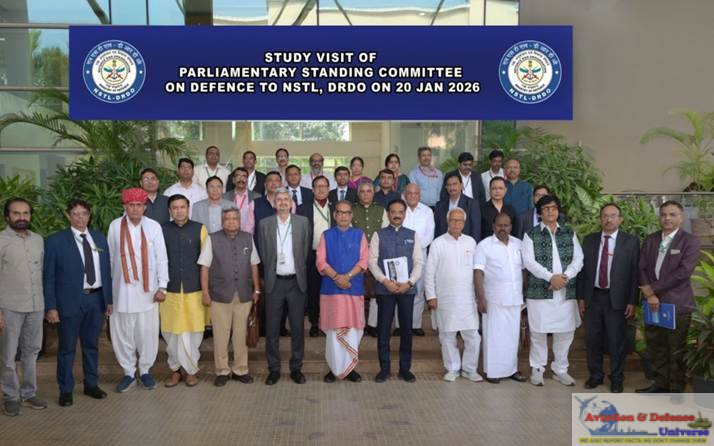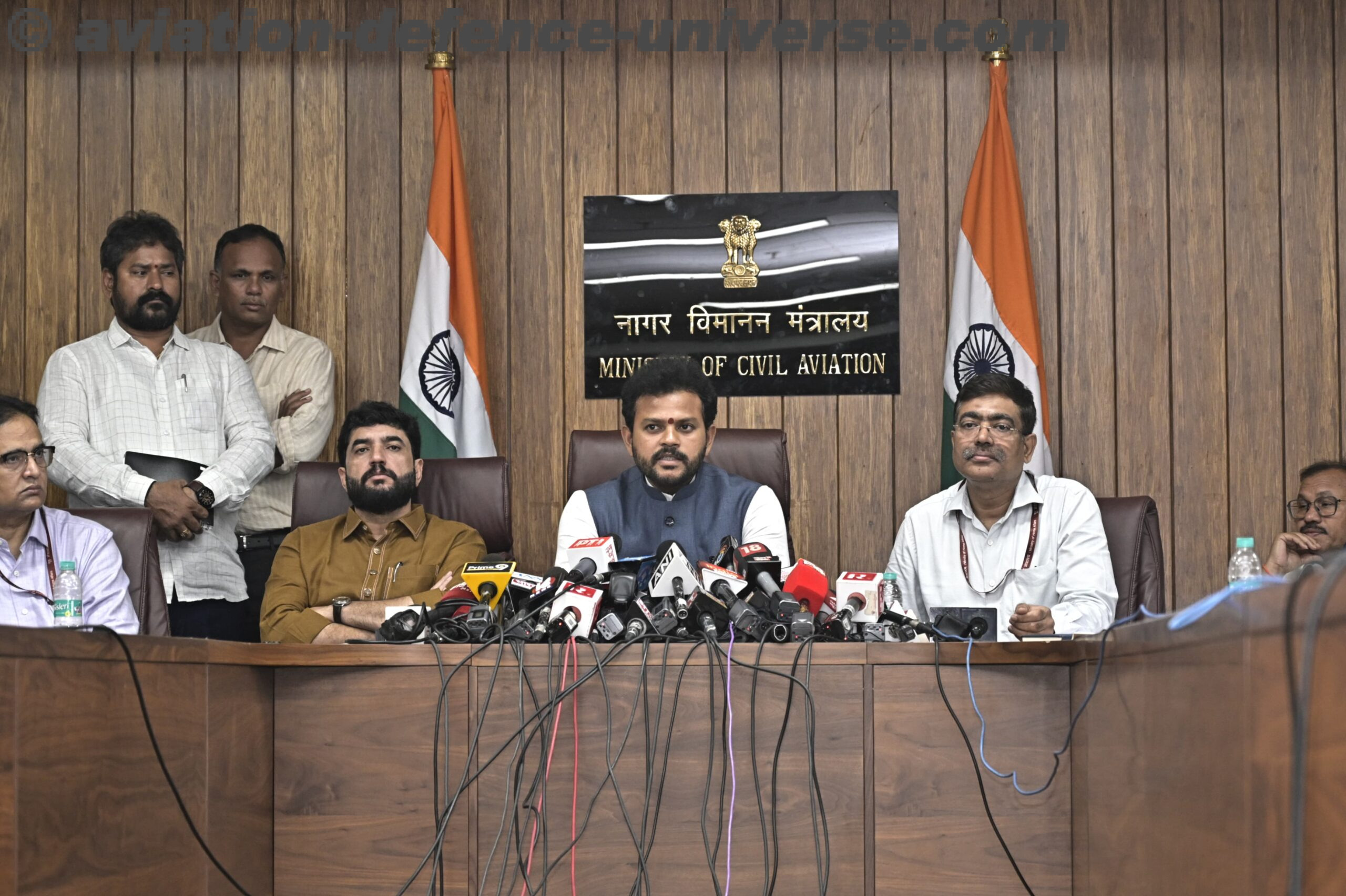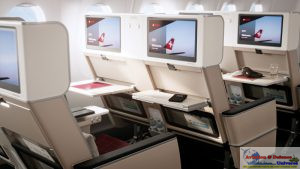- Improved EBITDAR margins despite industry-wide inflationary pressures
- Firmly anchored to its vision of becoming one of the top 30 airlines in the world by the end of this decade
National, July 22, 2025: Akasa Air, India’s fastest-growing airline, reported strong revenue gains for the fiscal year ended 31st March 2025. The airline’s steadfast focus on cost leadership, alongside a disciplined approach to revenue generation and operational efficiency, has enabled it to register robust growth across financial parameters in FY 24-25, and has further propelled the airline on a successful path toward profitability.
Akasa Air registered a revenue growth of 49% supported by increased unit profitability. Capacity in terms of Available Seat Kilometres (or ASKs) grew at a staggering rate of 48% compared to FY25. This was driven by a 13% increase in stage-adjusted Revenue per Available Seat Kilometre (RASK) supported by enhanced focus across key business functions, including strengthened distribution capabilities and strategic investments in technology. The airline’s Unit Cost per Available Seat Kilometre (CASK), excluding fuel, reduced by 7% and EBITDAR margins for the year improved by 50% despite industry-wide inflationary pressures.
The growth was fuelled by sustained expansion across operational functions as Akasa Air closed the year with a fleet of 27 aircraft serving 23 domestic and 5 international destinations. Alongside this growth, the airline continued to register industry-leading load factors of over 87%, underscoring increasing customer preference and network efficiency. By March 2025, the airline had served over 16 million passengers, nearly double the cumulative passenger count from 8.7 million in March 2024
Commenting on the performance, Ankur Goel, Chief Financial Officer, Akasa Air, said, “Akasa Air’s financial performance reflects the strength of our business model and the disciplined execution of our strategy. We are optimistic about the future and are looking forward to building on the momentum of our robust financial and commercial performance in the years ahead”.
“Akasa Air is on a deterministic path towards building the industry’s best cost structure, and we are confident that we will continue to set new standards driven by our efficient planning, strategic expansion and promising potential of the nation’s economy”, Goel added.
Throughout its early stage and particularly in the last fiscal year, Akasa Air made strategic investments towards training, technology, safety and infrastructure, aligned with its commitment to building an airline for generations to come.
One of the key pillars supporting Akasa Air’s financial strategy is its expanding ancillary revenue ecosystem. The airline expanded its ancillary portfolio during the year and now offers a slew of over 25+ ancillary products, which generate additional revenue and play a critical role in building a more resilient and diversified business model. With nearly 100,000 tonnes of cargo carried by March 2025, Akasa emerged as an emerging force in India’s cargo landscape, a function that will remain a key pillar of the airline’s revenue strategy as it continues to scale.
The airline built a portfolio of nearly 1,150+ corporate partners, reinforcing its credibility among business travellers and corporate clients, and continued to strengthen the portfolio of its service offerings.
During the year, Akasa also signed agreements with marquee investors to infuse fresh capital into the airline. This infusion will be realised once the statutory approvals are in place and will help ensure long-term financial stability, equipping the airline to build a resilient, future-ready business.
Projections for FY 25-26
Looking ahead, Akasa remains firmly anchored to its vision of becoming one of the top 30 airlines in the world by the end of this decade. The airline expects its capacity in terms of ASKs to grow at over 30% in the current fiscal and translate this growth into a continued upward trajectory in RASK. Commercially, Akasa Air will continue to expand its footprint and capitalise on Navi Mumbai and Noida International Airports to further enhance its operational capabilities and connectivity both within India and internationally.





































































































































